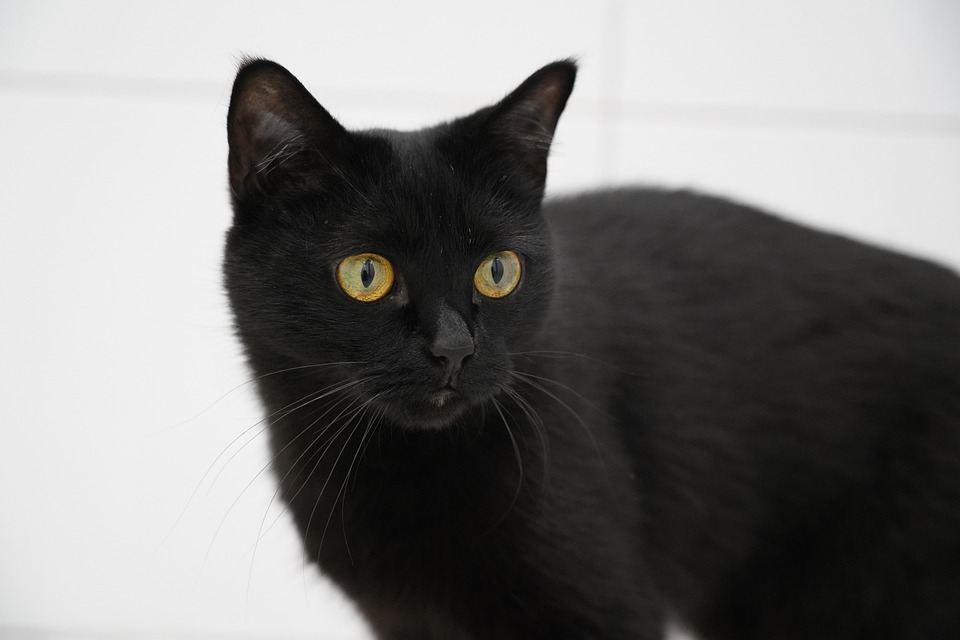The Risks of Skipping Cat Vaccinations: Why It’s Not Worth It
Introduction:
Cat vaccinations play a crucial role in maintaining the overall health of our feline companions. These vaccinations protect cats against common and potentially deadly diseases and infections. In this article, we will explore the risks associated with skipping cat vaccinations and why it is not worth jeopardizing our cats’ well-being.
I. Understanding Cat Vaccinations:
Cat vaccinations are preventive measures that stimulate the immune system to recognize and fight off specific diseases. They work by introducing a weakened or inactivated form of the disease-causing organism into the cat’s body, allowing the immune system to develop a defense against it. There are different types of vaccines available for cats, including core vaccines that are recommended for all cats and non-core vaccines that are given based on the cat’s lifestyle and risk factors.
II. The Benefits of Vaccinating Your Cat:
Vaccinating our cats offers numerous benefits, including protection against highly contagious diseases. Diseases such as rabies, feline panleukopenia, and feline herpesvirus can be easily transmitted from cat to cat, and vaccination significantly reduces the risk of infection. Vaccinations also prevent severe and potentially fatal illnesses, such as feline leukemia virus and feline immunodeficiency virus.
Additionally, vaccinating our cats helps reduce the risk of spreading diseases to other animals. Outdoor cats, in particular, can come into contact with infected animals or environments, making vaccination crucial in preventing the transmission of diseases to other pets or wildlife.
III. The Risks and Consequences of Skipping Vaccinations:
Skipping cat vaccinations can have serious consequences for our feline friends. Without proper vaccination, cats are more susceptible to viral and bacterial infections. They may also develop severe and costly health complications, leading to a diminished quality of life or even death. By forgoing vaccinations, we are essentially leaving our cats vulnerable to preventable diseases and their potential complications.
Moreover, there are potential risks to public health when cats are not vaccinated. Diseases such as rabies can be transmitted to humans, posing a significant risk to our communities. Vaccinating our cats not only protects their health but also helps safeguard the health of those around us.
IV. Debunking Common Vaccination Myths:
There are several misconceptions surrounding cat vaccinations that need to be addressed. Some people worry about vaccine side effects, but the truth is that serious side effects are rare, and the benefits of vaccination far outweigh the risks. Veterinarians carefully select vaccines based on their safety and efficacy, ensuring the well-being of our cats.
V. Frequently Asked Questions (FAQs):
To provide further clarity, let’s address some common questions about cat vaccinations:
1. Why are regular vaccinations necessary for my cat?
Regular vaccinations are necessary to maintain your cat’s immunity against diseases and protect their overall health.
2. At what age should I start vaccinating my kitten?
Kittens should typically start receiving vaccinations around 6 to 8 weeks of age, with boosters given every few weeks until they reach 16 weeks of age.
3. Are there any risks associated with cat vaccinations?
While there may be minor side effects such as mild fever or soreness at the injection site, serious risks from vaccinations are rare and heavily outweighed by the benefits.
4. How often do adult cats need to be vaccinated?
Adult cats usually require revaccination every 1 to 3 years, depending on the specific vaccines and the cat’s lifestyle.
5. Can indoor cats skip vaccinations?
Even indoor cats can benefit from vaccinations as they can still be exposed to diseases through contact with people, other animals, or even contaminated objects brought into the household.
6. Are there any alternative methods to protect my cat from diseases?
Vaccination remains the most effective method to protect cats from diseases. Other preventive measures, such as regular veterinary check-ups, proper nutrition, and hygiene, can complement vaccinations.
7. Can my cat receive vaccinations if she is pregnant?
It is generally not recommended to vaccinate pregnant cats. However, consult with your veterinarian to determine the best course of action for your specific situation.
8. What should I do if my cat has missed a scheduled vaccination?
If your cat has missed a scheduled vaccination, consult with your veterinarian to determine the best course of action. They may recommend a catch-up schedule or restarting the vaccination series.
Conclusion:
Cat vaccinations are crucial for the overall well-being of our feline friends. By ensuring that our cats receive their vaccinations on schedule, we protect them from potentially deadly diseases, reduce the risk of spreading infections, and contribute to public health. It is essential to consult with our veterinarians to create a vaccination plan tailored to our cat’s specific needs. Let’s prioritize the health of our cats and ensure that they stay protected through proper vaccination.








